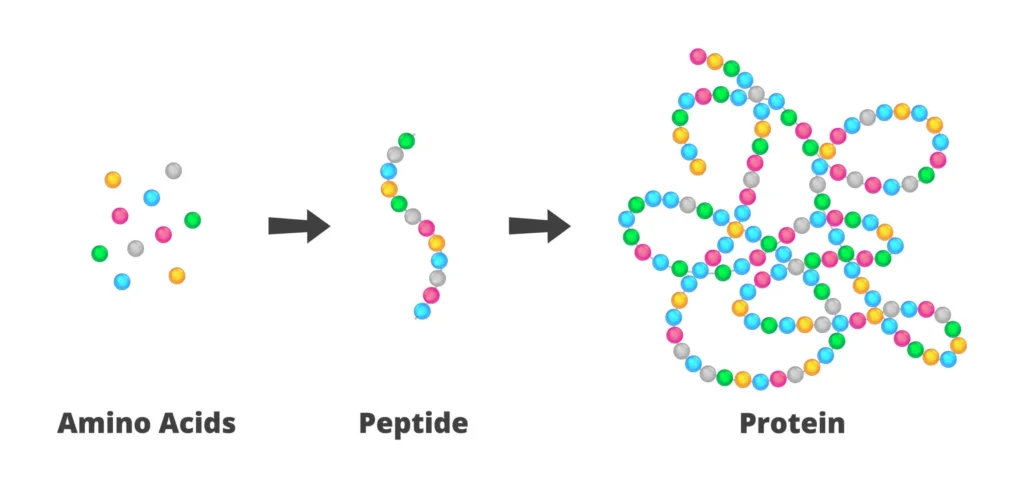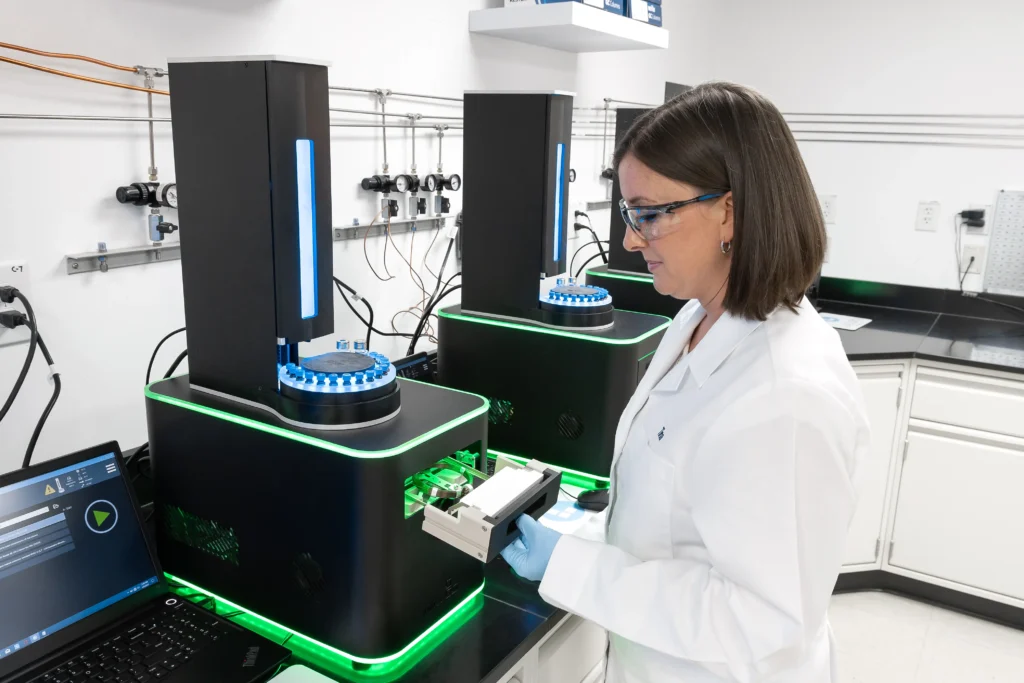Research Peptides

Research Peptides: Advancing Scientific Discovery
Research peptides are specialized compounds used by scientists and researchers to investigate biological processes, disease mechanisms, and potential therapeutic applications. Unlike pharmaceutical drugs intended for human use, research peptides are strictly for laboratory and research purposes and are not for human consumption.
What are Research Peptides?
Research peptides are short chains of amino acids, synthesized in a laboratory, that mimic or modulate specific biological functions within the body. They are designed to interact with specific receptors, enzymes, or other molecules to elicit a particular biological response. Their precise structure allows for targeted investigations into cellular signaling, hormone regulation, metabolic pathways, and more.

Why are Research Peptides Important?
Research peptides play a crucial role in various scientific fields:
Drug Discovery: They serve as valuable tools in the early stages of drug development, helping researchers identify potential therapeutic targets and understand disease pathology. Many successful drugs have originated from peptide research.
Understanding Biological Pathways: By introducing specific peptides, scientists can observe their effects on cells, tissues, or organisms, thereby elucidating complex biological pathways and mechanisms.
Disease Modeling: Peptides can be used to induce or mitigate specific conditions in animal models, allowing for a deeper understanding of diseases like diabetes, obesity, neurological disorders, and inflammatory conditions.
Biomarker Identification: Some peptides can act as biomarkers, indicating the presence or progression of certain diseases, which is vital for diagnostics.
Hormone and Neurotransmitter Studies: Many naturally occurring hormones and neurotransmitters are peptides. Synthetic versions allow for detailed study of their roles and potential therapeutic applications.
Common Applications in Research
Research peptides are utilized across a broad spectrum of scientific disciplines:
Endocrinology: Studying hormone regulation and metabolic disorders.
Neuroscience: Investigating brain function, neurodegenerative diseases, and pain management.
Immunology: Exploring immune responses, inflammation, and autoimmune conditions.
Oncology: Researching cancer cell growth, apoptosis, and potential anti-cancer therapies.
Cardiology: Studying cardiovascular health and disease.
Metabolic Research: Understanding energy metabolism, weight management, and insulin sensitivity.
Quality and Purity in Research Peptides
For accurate and reliable research outcomes, the quality and purity of research peptides are paramount. Impurities can lead to inconsistent results and compromise the validity of experiments. Reputable suppliers like Peptide Biologics ensure their peptides undergo rigorous testing, including High-Performance Liquid Chromatography (HPLC) and Mass Spectrometry (MS), to verify purity and identity.

Ethical Considerations
It is crucial for researchers to adhere to ethical guidelines and regulations when working with research peptides. These compounds are for in vitro (test tube) or in vivo (animal) research only and are not approved for human use. Responsible research practices ensure scientific integrity and safety.
Peptide Biologics: Your Partner in Research
At Peptide Biologics, we are committed to supporting scientific advancement by providing high-quality, meticulously synthesized research peptides. Our products are designed to meet the stringent demands of scientific inquiry, helping researchers worldwide unlock new discoveries and contribute to a better understanding of biology and health. Explore our range of research peptides to find the compounds essential for your next breakthrough.
